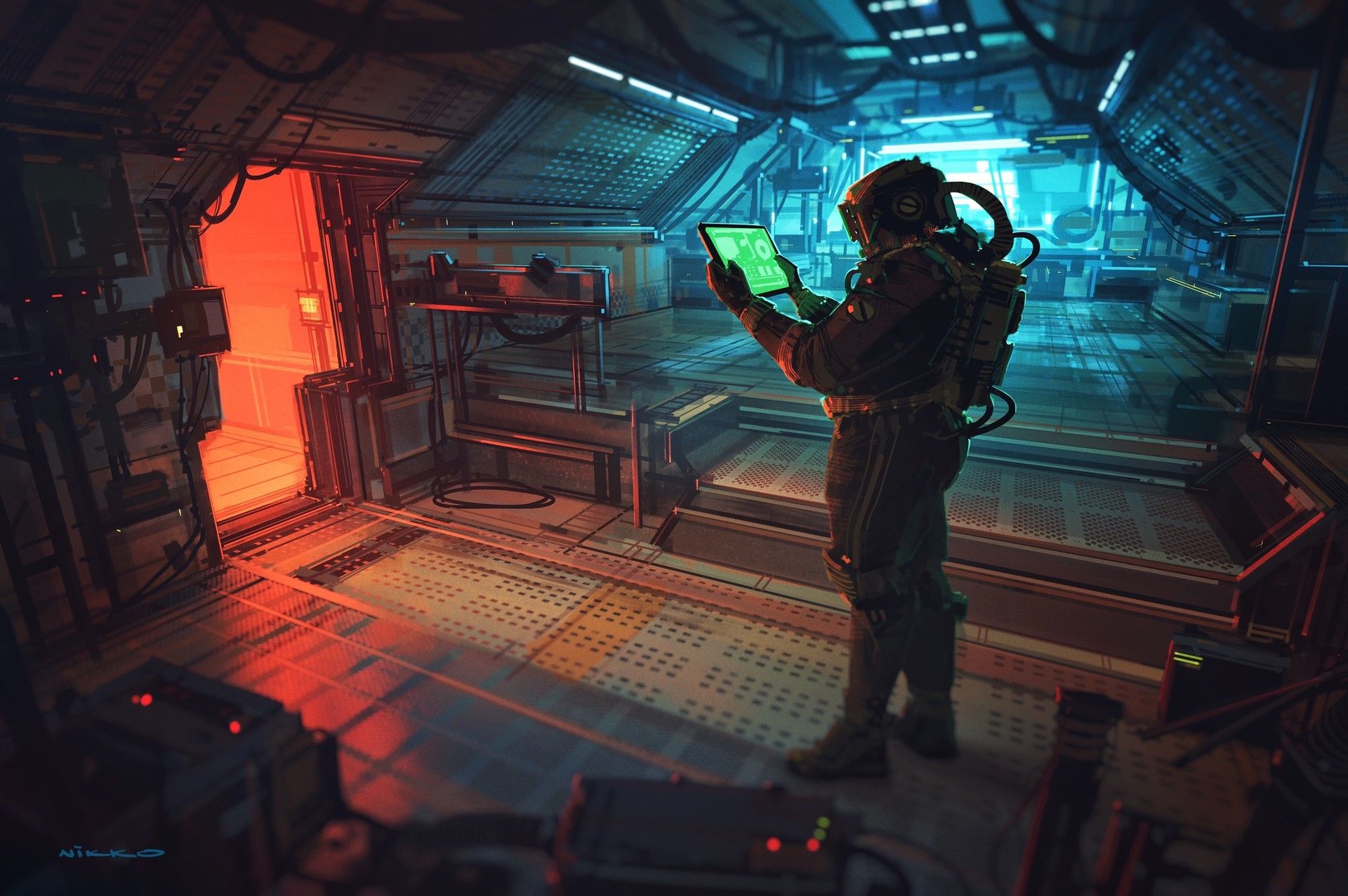In the expansive universe of storytelling, where creators often find their niche and hone their craft, it`s always intriguing when a familiar name ventures into uncharted territory. Such is the case with Jakub Szamalek, a narrative architect renowned for his pivotal contributions to the sprawling, lore-rich worlds of CD Projekt Red`s masterpieces, The Witcher 3: Wild Hunt and Cyberpunk 2077. While players typically associate his work with mythical beasts, cybernetic enhancements, and morally grey choices in fantastical or dystopian settings, Szamalek has recently launched his latest literary endeavor, a thriller titled Inner Space. This novel represents a significant, and perhaps unexpected, pivot into the realm of grounded, geopolitical science fiction, offering a compelling narrative that is as timely as it is tense.
The Unexpected Trajectory: From Novigrad to the ISS
For years, Szamalek has been instrumental in crafting narratives that have captivated millions. His work on The Witcher 3 imbued its vast, war-torn lands with intricate quests and characters that resonated deeply with players, solidifying its place as a benchmark in RPG storytelling. Similarly, with Cyberpunk 2077, he helped bring Night City to life, creating a sprawling urban dystopia filled with memorable personalities and thought-provoking dilemmas. These experiences, steeped in high fantasy and futuristic noir, hardly suggest a direct path to a hard science fiction spy thriller set in Earth`s orbit.
Yet, Inner Space demonstrates a remarkable versatility. It`s a testament to Szamalek`s narrative acumen that he can transition from orchestrating grand sagas of destiny and digital rebellion to a focused, high-stakes drama aboard the International Space Station. One might even perceive a subtle irony: from crafting narratives where reality is often a fluid concept, he now grounds his audience in the stark, unforgiving reality of space, where every system failure could mean the difference between life and oblivion.
“Inner Space”: Where Geopolitics Meets Zero Gravity
The premise of Inner Space is chillingly contemporary and remarkably pertinent. The novel plunges readers into a crisis aboard the International Space Station, where Commander Lucy Poplasky faces an ammonia leak. This incident, seemingly a mere technical malfunction, takes a sinister turn when it alarmingly coincides with real-world geopolitical tensions: Russia`s invasion of Ukraine. As the U.S. suspects an act of sabotage, and the Russian crew members on the ISS deny any involvement, the confined environment of the station becomes a microcosm of Earth`s volatile political landscape.
Szamalek masterfully weaves together the claustrophobic tension of space survival with the paranoia of espionage. This isn`t a story of laser battles or alien encounters; it`s a meticulously crafted thriller rooted in the palpable fears of miscommunication, betrayal, and the escalation of earthly conflicts beyond our planet`s atmosphere. Beyond the immediate crisis, the narrative subtly probes deeper questions about humanity`s drive for space exploration and whether even the seemingly neutral expanse of orbit can remain untouched by terrestrial squabbles.
The Appeal to a Broader Readership
While fans of Szamalek`s gaming work might be drawn to Inner Space out of curiosity, the novel`s appeal extends far beyond the gaming community. Those who appreciate grounded science fiction, where the “science” is more a backdrop for human drama and intricate plotting, will find much to savor. The book taps into the classic spy thriller genre, infusing it with a unique, high-altitude setting that amplifies the stakes. It`s for readers who enjoy intricate mysteries, where trust is a fragile commodity and every decision carries global implications.
The book’s reception has been notably positive, a clear indicator that Szamalek`s narrative prowess transcends the interactive medium. For those seeking a compelling and thought-provoking read that bridges the gap between thrilling fiction and the sobering realities of our world, Inner Space presents a timely and effective narrative. Its recent availability, coupled with various introductory offers, makes it an opportune moment for both dedicated fans and new readers to delve into this gripping orbital drama.
Conclusion: A New Horizon for a Master Storyteller
Jakub Szamalek`s transition from the sprawling, fantastical narratives of The Witcher and Cyberpunk to the taut, realistic confines of Inner Space is not merely a change of genre; it’s an evolution in his storytelling. He demonstrates that the fundamental elements of compelling narrative—complex characters, high stakes, and profound thematic exploration—are universal, regardless of the setting. Inner Space is more than just a book; it`s a testament to the enduring power of human conflict and resilience, even when cast against the silent, indifferent backdrop of space.

